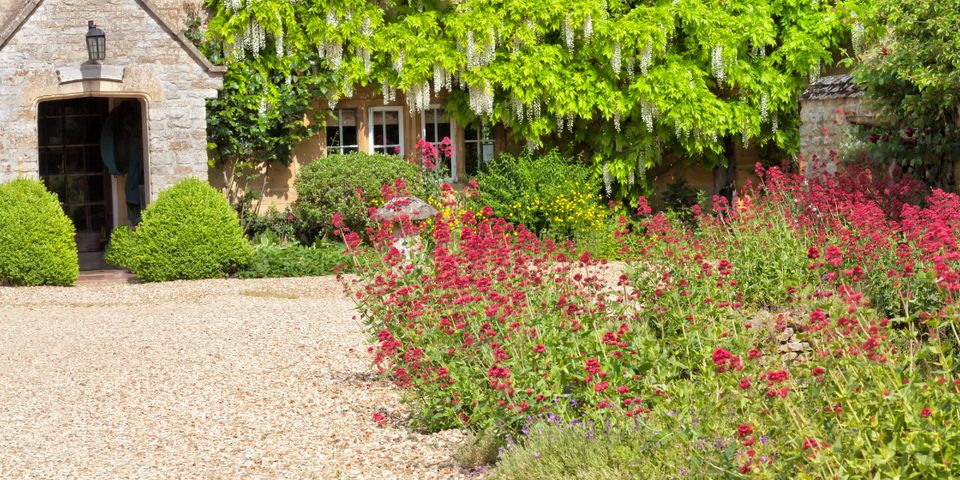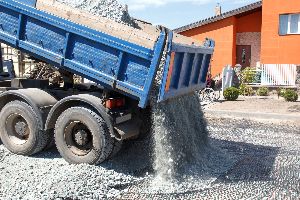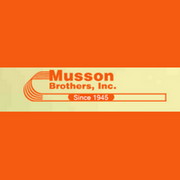A Guide to the Best Aggregates for Landscaping

Aggregates serve several purposes in landscaping. From gravel to sand, there are different aggregates that will come in handy for different projects on your to-do list. Here is a guide to a few popular options.
3 Types of Aggregates Used in Landscaping
1. Pea Gravel
Pea gravel is naturally found in water beds. When water moves over the stones, the surfaces become smooth and rounded. The rocks are available in different shades of brown, white, gray, and black as well as blue, red, and other bright colors. This is why landscapers often use the rock as a decorative feature in gardens. It can also combat soil erosion when it rains.
Because the gravel is smooth under foot, it is also used for walkways. The stones can shift easily, however, and therefore need to be contained using brick, larger stones, or other edging materials. Combining pea gravel with sand and other fine aggregates will help create a stable surface.
2. Crushed Stone

Crushed stone is rock that is typically sourced from a quarry and then mechanically pulverized into the desired size. Limestone and dolomite are the two rocks commonly used to create the aggregate. Crushed stone is rough to the touch, so it is not as slippery as pea gravel can be when wet. The added traction is why crushed stone is used for pathways. It can also be compacted easily to ensure the entire surface is flat.
3. Marble Chips
To make this aggregate, white or red marble is crushed into smaller fragments. Marble acts as a natural insulator, which is why the chip form is often used as mulch.
The shiny rock reflects sunlight. This helps keep the soil cool and moist, so plant roots don't become dehydrated. If you are worried that the natural soil is too acidic for plant growth, the pH of marble chips will increase the alkaline levels gradually.
For top-of-the-line aggregates for your landscaping projects, reach out to the professionals at Musson Brothers in Rhinelander, WI. For over seven decades, the company has been a reliable source in the Oneida County area for residential septic installation as well as a wide variety of sand and gravel materials. Check out the complete list of products online and call (715) 365-8700 to place an order.
About the Business
Have a question? Ask the experts!
Send your question

